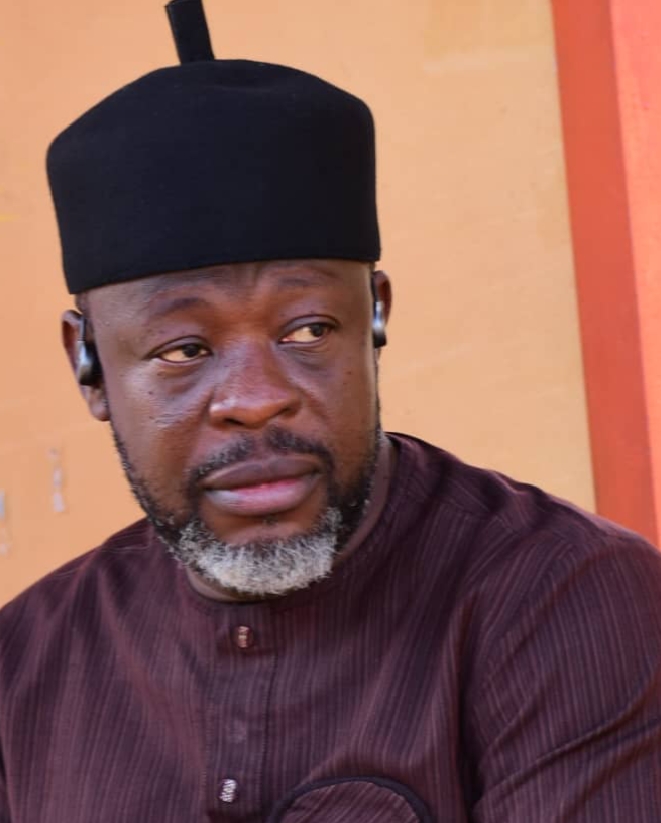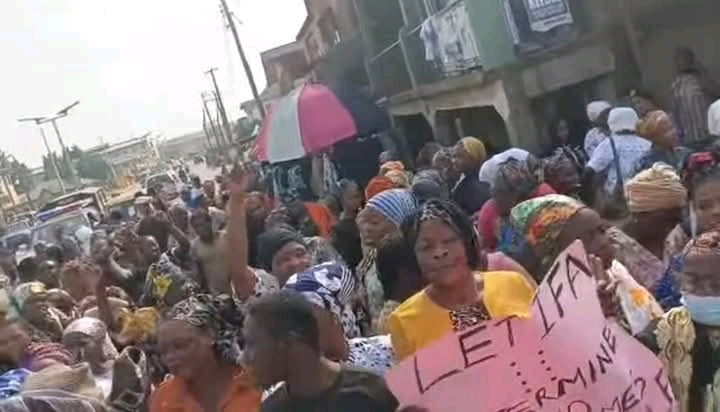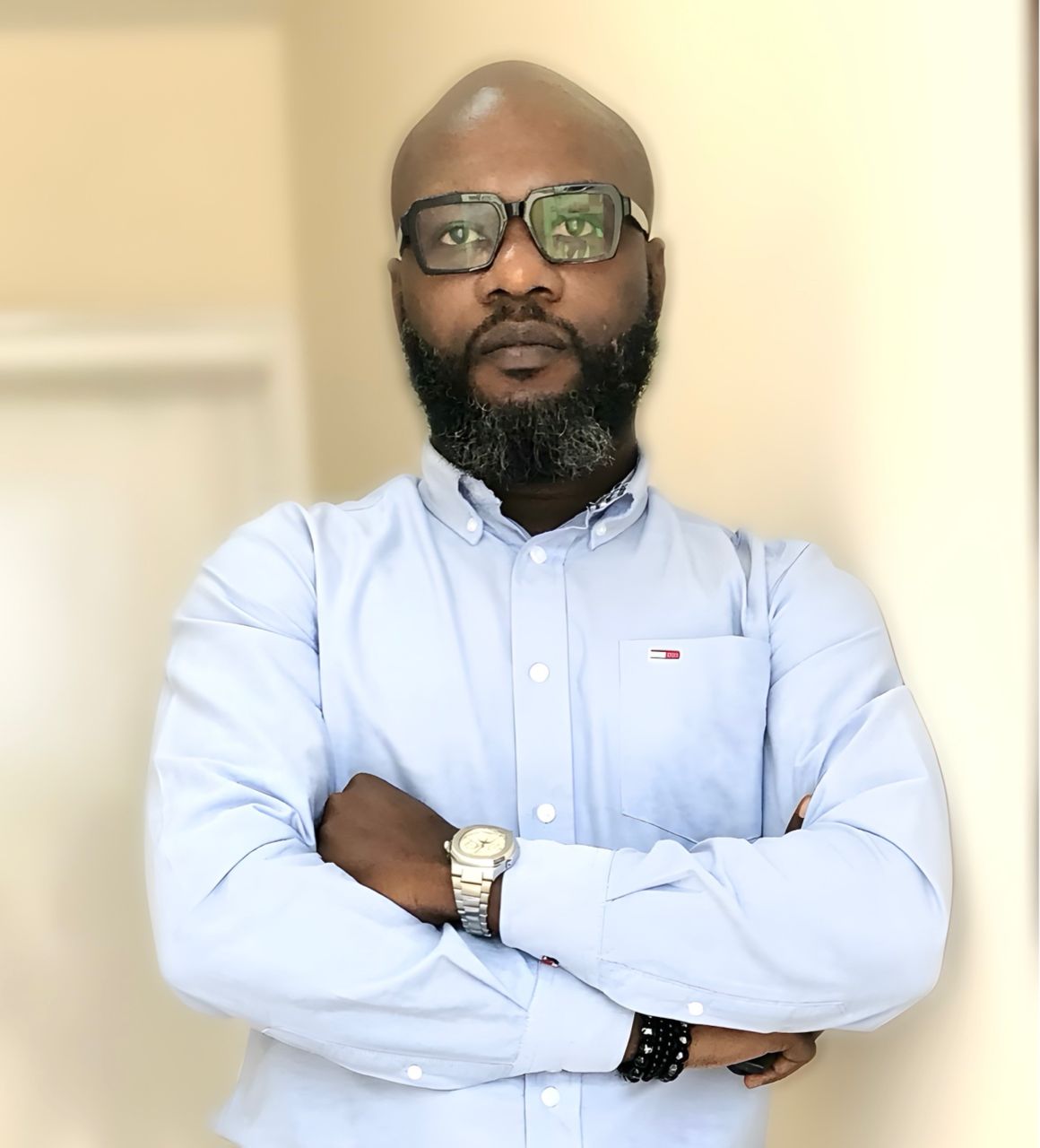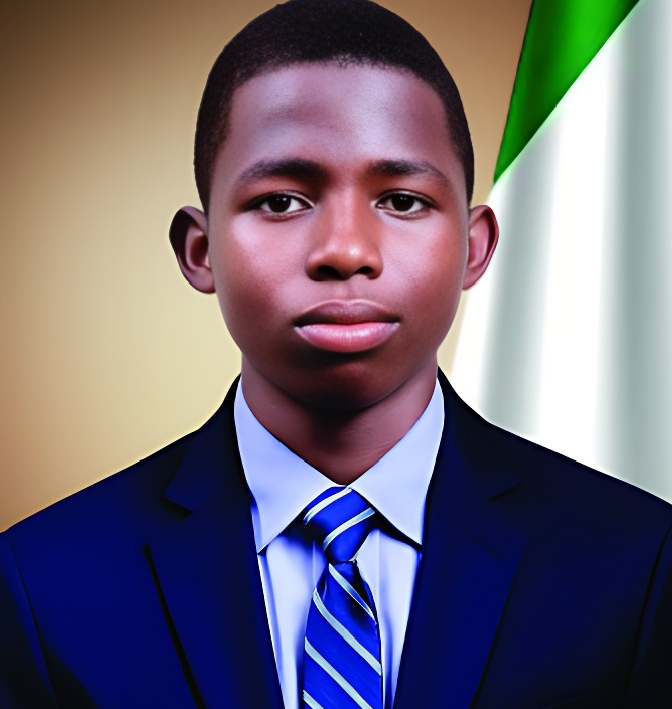Justice or Theatre? The Contradictions in the Nnamdi Kanu Judgment. By Chidi Ekeh

Justice or Theatre? The Contradictions in the Nnamdi Kanu Judgment
On November 20, 2025, at the Federal High Court in Abuja, Justice James Omotosho delivered a verdict that has left many Nigerians stunned. In a dramatic ruling steeped in biblical references, the judge sentenced Nnamdi Kanu to life imprisonment on seven counts of terrorism—declaring that the IPOB leader “knew exactly what he was doing” and that his broadcasts had endangered national unity.
Yet, in the same breath that invoked “Blessed are the merciful” from Matthew 5:7, the court imposed the harshest possible punishment. It was a moment that felt less like the dispensation of justice and more like a scene from a political screenplay—one where scripture served as stage prop.
But beyond the theatrics lies a deeper national contradiction.

A Case Born in Illegality
Kanu’s re-arrest remains one of the most controversial in Nigeria’s recent history. He was abducted in Kenya without any extradition proceedings. The Kenyan High Court described the act plainly as an “illegal abduction.” United Nations experts affirmed that it violated international law. Yet, when the matter reached Nigeria’s Supreme Court, it was casually brushed aside with a simple instruction: continue the trial.
Had an ordinary Nigerian kidnapped someone across borders, international warrants would have flown instantly. But when the Nigerian government does it, it becomes “national security.” The double standard is glaring.

A Nation with Two Systems of Justice
Perhaps the most painful irony is the contrast in how Nigeria treats armed terrorists versus unarmed agitators.
Since 2016, over 2,000 “repentant” Boko Haram fighters have graduated from the government’s Operation Safe Corridor programme. They have been given vocational training, accommodation, stipends, and reintegration packages—ranging from sewing machines to business support. Some, shockingly, even found their way into the Nigerian military.
Though backlash forced some discharges in 2023, the programme continues. And many “repentant” fighters have returned to the bush, rearmed, and resumed attacks on the same communities they previously terrorised.
Meanwhile, peaceful agitators from the South East and South West face the full weight of the law. Self-determination advocacy is labelled “terrorism.” Community defence efforts are treated as rebellion. Sunday Igboho was chased across borders. IPOB members, often unarmed, are swiftly tagged terrorists.
Sheikh Ahmad Gumi, who openly enters forests to negotiate with bandits—sometimes with government knowledge—has never been arrested. One government mouthpiece once described heavily armed bandits as “misunderstood youths reacting to poverty.” Yet, individuals calling for a referendum are treated as existential threats to the nation.
What emerges is a disturbing pattern:
Law A (for the South East and other agitators):
Strong rhetoric on radio = Terrorism
Demand for referendum = Life imprisonment
Flee persecution = Extrajudicial pursuit across continents
Law B (for armed terrorists in the North):
Mass killings = “Miscreants” eligible for rehabilitation
School kidnappings = Negotiable business
Bombing of churches and markets = Poverty-driven anger
Former fighters = Potential beneficiaries of government stipends and reintegration
This asymmetry has created a justice system perceived by many as ethnic rather than national.
A Judiciary Under Watch
Justice Omotosho is the fifth judge to preside over Kanu’s case—four others withdrew under opaque circumstances. That alone raises questions. But more troubling is the widespread belief that the verdict was influenced from “above.” Perception matters in justice, and right now the public perception is bleak.
Even those who disagree with Kanu politically recognise that selective justice is a dangerous poison. Hypocrisy was the very thing Christ condemned when he overturned the tables in the temple. And the Nigerian judiciary today risks being remembered not for courage, but for compliance.
A Warning From History
Millions of Nigerians—Igbo, Yoruba, Hausa, Ijaw, Tiv, and more—are watching this case with a bitter, nervous laughter. Because they know what selective justice does to nations. They understand that when the law becomes a weapon against some and a shield for others, the centre begins to crack.
One day, the country will be forced to confront the consequences of this imbalance. On that day, the question will no longer be about Biafra or Oduduwa or Arewa. It will be about whether the Nigerian state, as constructed, can still command legitimacy.
Conclusion
Nigeria calls itself the “Giant of Africa.” But giants do not walk with one eye open and the other deliberately shut. A nation cannot endure when justice depends on where one comes from.
If there is any prayer for this moment, it is simple:
God bless Nigeria—and may He first heal its justice system.
Chidi Ekeh, a current affairs analyst, writes from Abuja.
chidiekeh@yahoo.com




